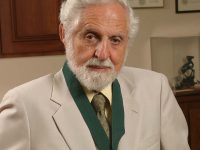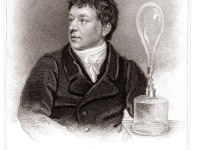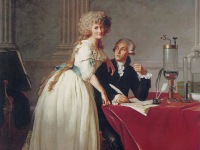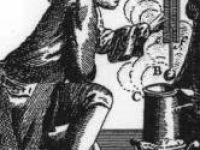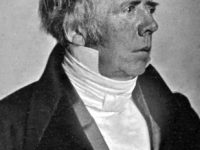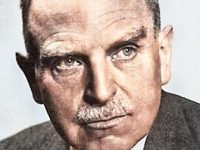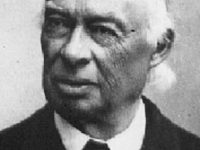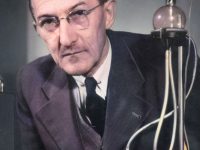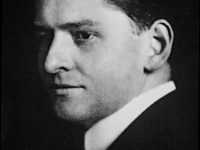Carl Djerassi and the Oral Contraceptive Pill
On 18 August, 1960, Enovid was launched as the first contraceptive pill in the United States. It was developed by Austrian-born Bulgarian-American chemist, novelist, and playwright Carl Djerassi. Furthermore, he is noted for establishing physical methods for determining organic molecular structure and his contributions to synthetic organic chemistry, his effectiveness in translating scientific knowledge into technological practice, and his efforts to promote international scientific cooperation. Youth in Austria and Emigration to the USA Carl Djerassi…
Read more

